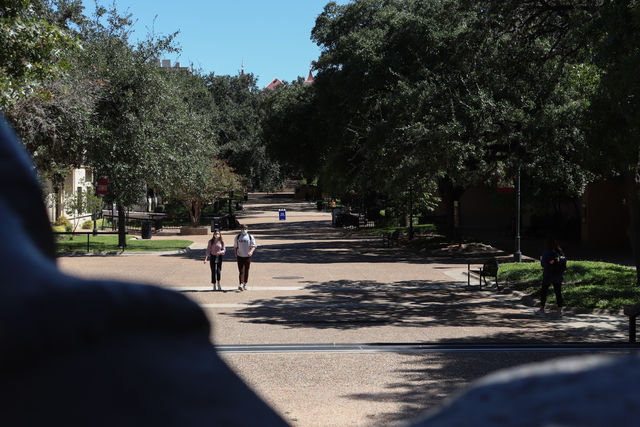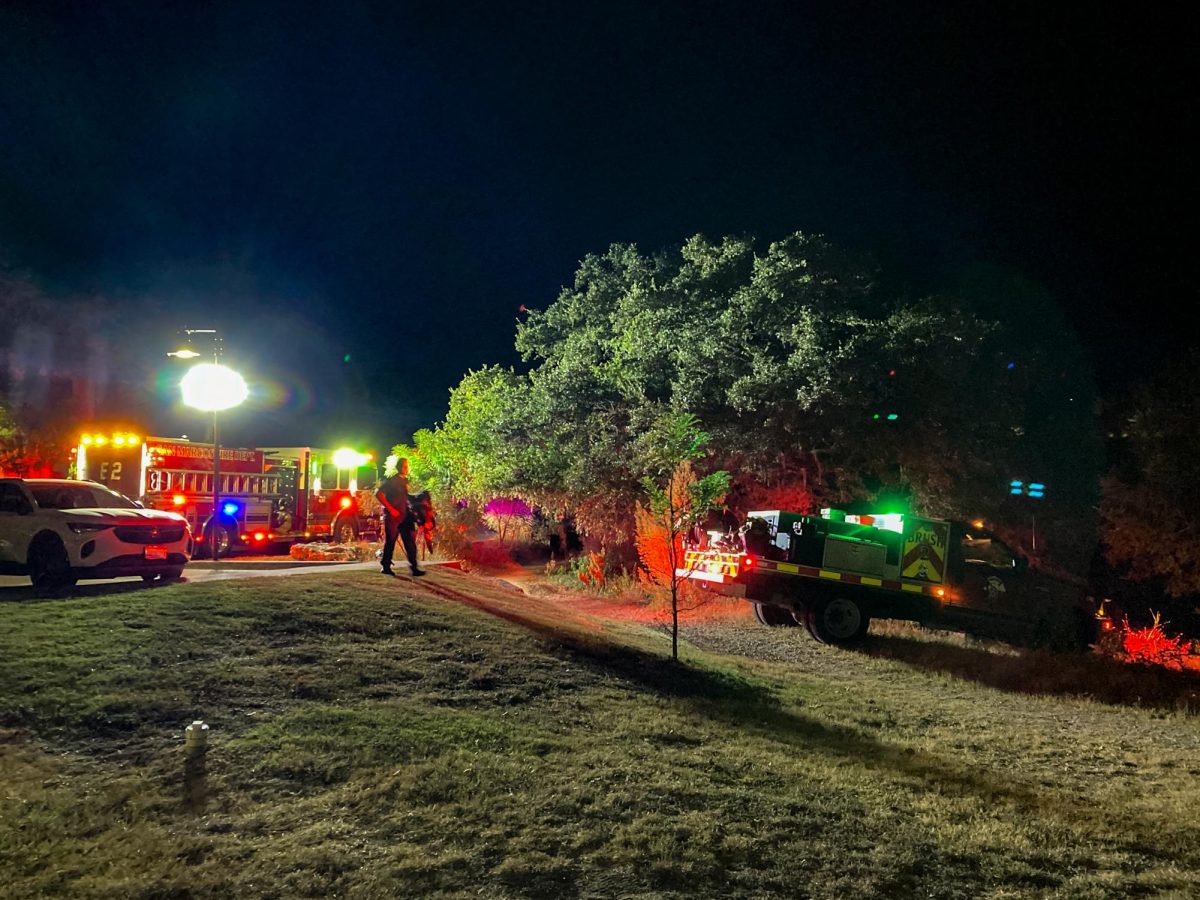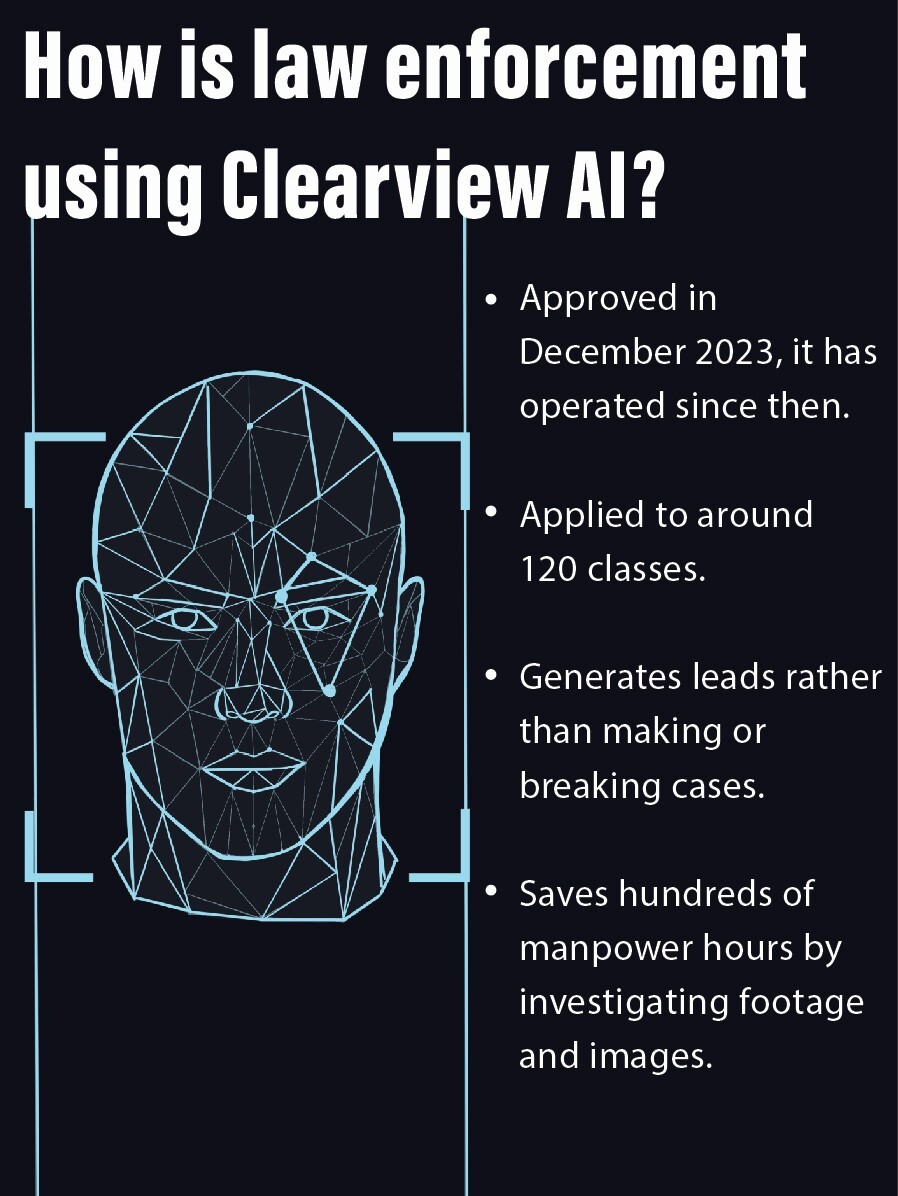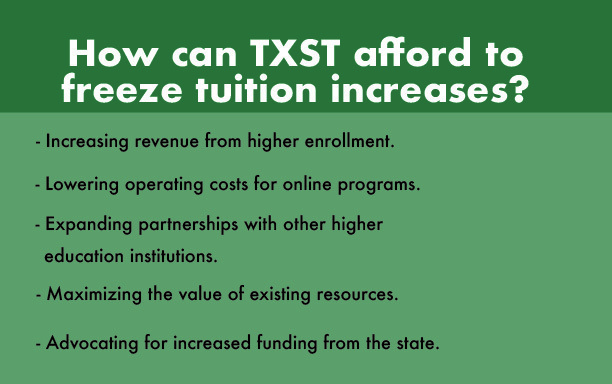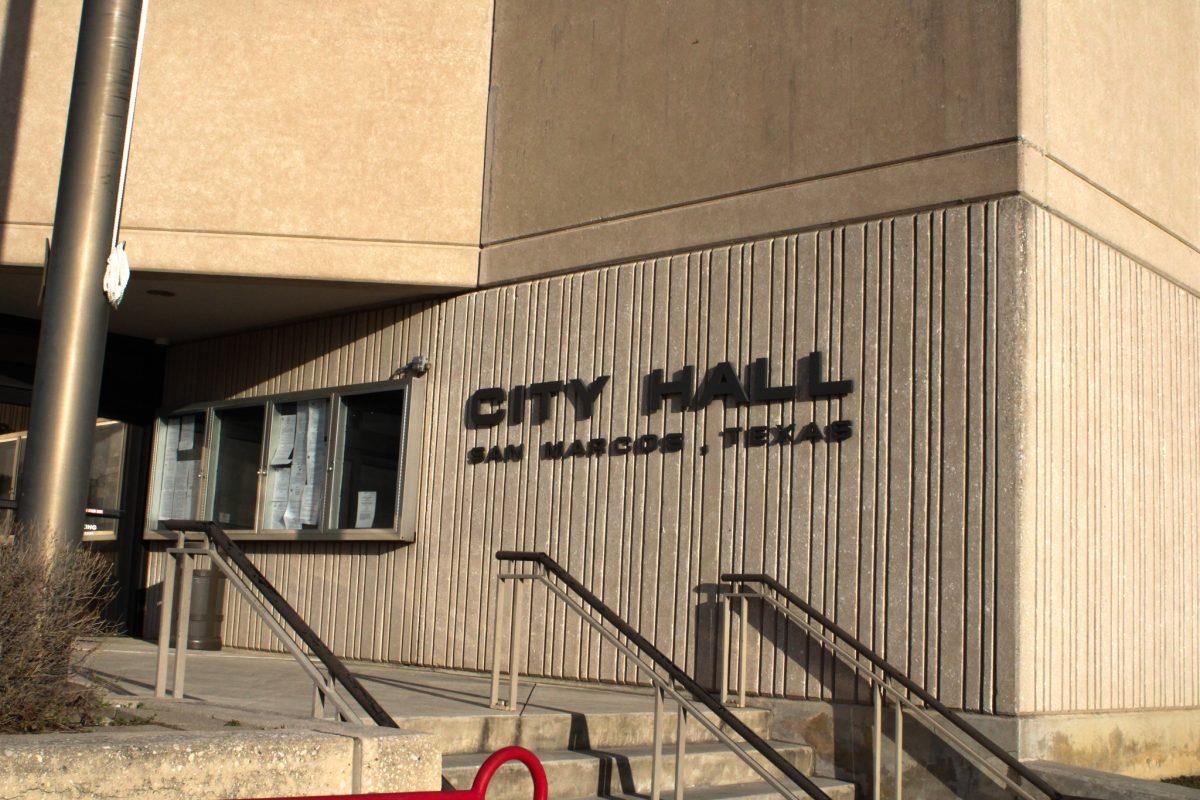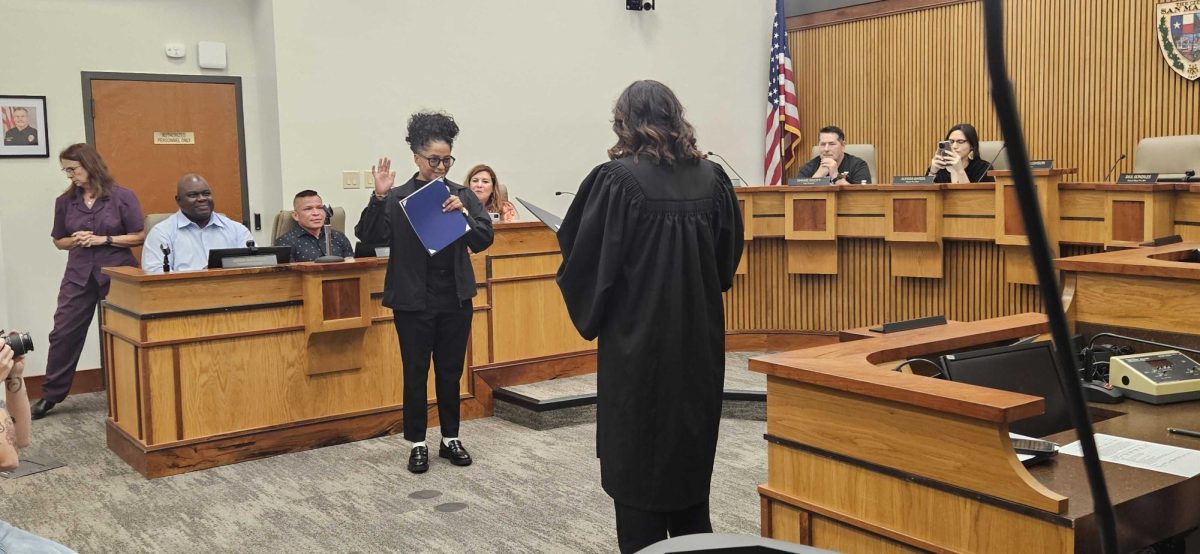Texas State’s deadline for the Clery Act Annual Security and Fire Safety Report was pushed from Oct. 1 to Dec. 31 due to the COVID-19 pandemic.
Every year the “Clery Act” requires institutions participating in the Federal Student Aid program to disclose the previous three years’ campus security policies and crime statistics in a document called the “Annual Security and Fire Safety Report”.
In early July, the U.S. Department of Education’s Office of Postsecondary Education extended the deadline to Dec. 31 due to issues COVID-19 may pose on the gathering of accurate data.
According to Kristina Morales, Clery compliance coordinator, Texas State is currently reviewing its reports and hopes to release the data before the deadline.
“Right now, we’re in that process of finalizing our 2019 data. And then after that, we’ll go ahead and make final adjustments to the Annual Security and Fire Safety Report. Then we’ll go ahead and send it up to the President’s Cabinet for their review and soon release it,” Morales said. “It kind of depends on how long the process takes, but we will definitely be distributing the data before December 31st.”
Bobby Mason, director of institutional compliance, says the reason the university is not ready to release its data now is because of complications with Clery consultant firm Margolis Healy and Associates, which is currently conducting on-site reviews of Texas State’s crime statistics.
“Margolis Healy is assisting in our Clery data review to ensure accuracy. They had intended to come to campus to conduct an on-site review,” Mason said. “Due to COVID-19 safety measures and travel restrictions, that work had to be done virtually. MHA has reported that doing this work in a virtual world is taking about 30% longer. Hopefully, you can appreciate our insistence on accuracy over speed in this critical matter.”
Texas State President Denise Trauth says the employment of Margolis Healy as an auditor for Clery data is essential to the completion of the Annual Safety Report, adding it is better to employ their services and face potential delays rather than the university quickly pushing the process along on its own.
“We had hoped to get out a finished report by the end of this month, but we got an email from our Margolis Healy saying that they were overwhelmed because of the pandemic due to so many people working from home and the inability to coordinate things the way they ordinarily coordinate things,” Trauth said.
This delay comes after much controversy involving Texas State and its instances of misreported and inaccurate crime data for years, stretching as far back as 2014. The first indication of skewed data occurred in August 2018 when a peer review done by the International Association of Campus Law Enforcement Administrators uncovered deficiencies in Texas State’s 2016-2017 crime statistics.
Additional concerns arose after The University Star identified a total of 24 Clery reportable sexual assault crimes from 2014-2016, while only 15 were reported by the university for that specific time frame. In the 2019 report, numbers for previous years were revised, including the addition of 29 previously unreported rapes.
After the initial peer review was done by IACLEA, the Department of Education advised a review of the previous year’s numbers. The university responded to the advisory by instating Laurie Clouse as chief of the University Police Department. The position, at the time, had been vacant since former Chief Jose Bañales resigned May 15, 2018.
With previous experience in Clery compliance and university law enforcement, Clouse soon established a committee responsible for reviewing Clery reported crimes on a monthly basis called the “Clery Compliance Committee”, which met for the first time in March 2019.
Other revisions to university law enforcement since include changing a software meant for municipal law enforcement settings to a system fit for higher education institutions. Revisions also include establishing a requirement for any UPD personnel that handles Clery data to attend a weeklong training organized by Clery consulting firm D. Stafford & Associates.
According to Arthur Arevalo, UPD captain of support services division, another revision includes performing a daily, detailed examination process to ensure data is being handled correctly.
“Each day, excluding holidays and weekends, myself and the lieutenant separately review all the reports that are coming in. We get the Clery data we both collected, and at the end of the month we get together to make sure that we’ve counted those reports correctly,” Arevalo said. “The process has definitely changed. Before, we waited until the end of the year to gather all that data.”
On Nov. 6, 2019, the DOE said it would perform an off-site campus crime program review of the university’s Clery compliance. According to Morales, this is a review that continues to this day. Since then, the university has begun to work with national Clery consultant firm Margolis Healy and Associates and recruited Clery Compliance Coordinator Kristina Morales and Director of Institutional Compliance Bobby Mason to run Clery compliance operations within the university.
Clouse says the recruitment of Morales as Clery compliance coordinator has been very helpful in organizing the process and making it run smoothly.
“The Clery compliance team is still in place, but [Morales] is the clearinghouse for all of it,” Clouse said. “A robust compliance is so important. And so, if you have one person heading up that initiative, it makes it a lot easier to coordinate.”
For more info on Texas State’s Clery data and other Clery resources, visit UPD’s Clery page.
Categories:
Texas State Clery Act report deadline pushed to December
Ziek Sanchez, News Reporter
October 7, 2020
A file photo of students walking on the Quad. Student Government held its final meeting of the fall semester Nov. 30, 2020, mourning the death of student-athlete Khambrail Winters and preparing legislation for the upcoming spring semester.
0
Donate to The University Star
Your donation will support the student journalists of Texas State University. Your contribution will allow us to purchase equipment and cover our annual website hosting costs.
More to Discover


